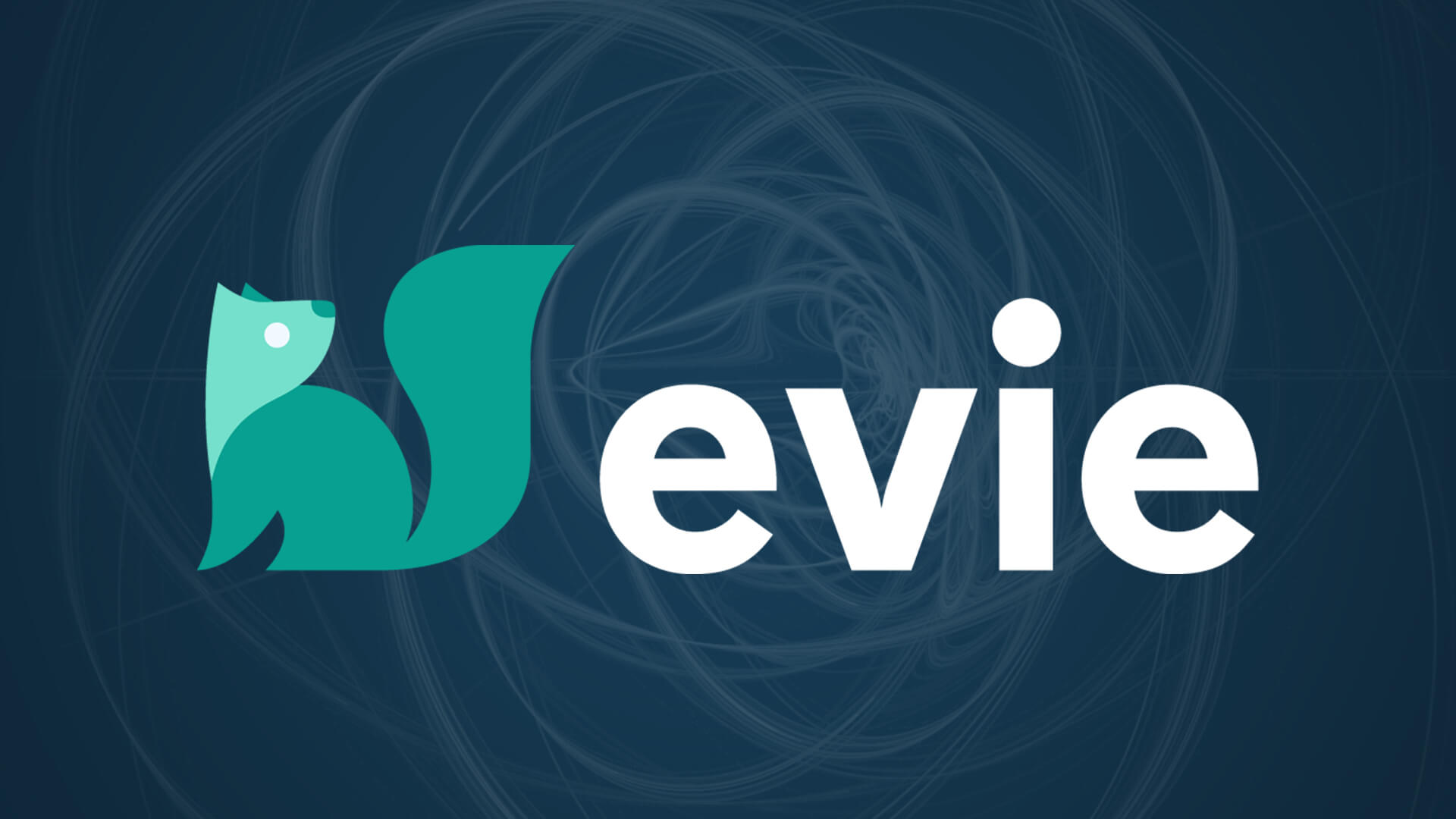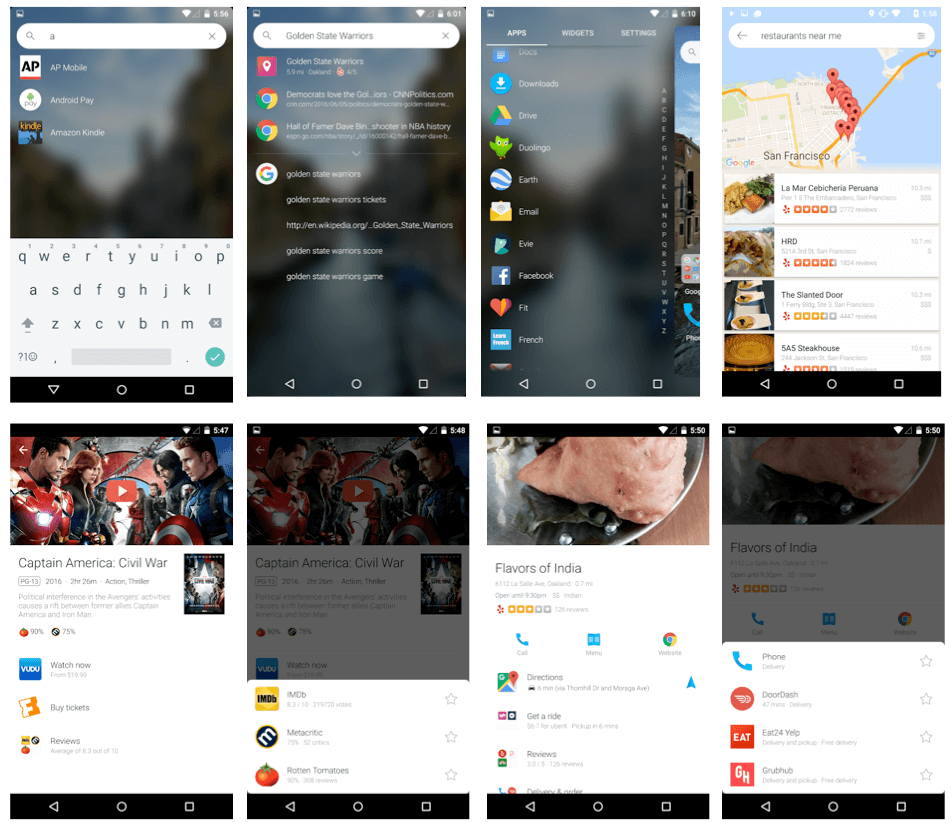Android launcher and search engine Evie “reimagines” the mobile home screen
Company wants to offer a better home screen and help users get things done across apps and the mobile web more efficiently.
Evie CEO and former Amazon engineer David Zhao insists that his company isn’t trying to replace or compete directly with Google. What Zhao and his team say is that they want to re-imagine the Android home screen.
As a practical matter, this means overcoming the current fragmentation in the mobile ecosystem between apps and the mobile web and among apps. The company wants to speed content discovery and task completion (i.e., reservations, tickets), whether on the mobile web or in apps.
In some ways, Evie tries to emulate Apple Spotlight Search as an app launching tool for Android. Zhao explains the company’s philosohy in a blog post:
We believe the core solution to this app proliferation and fragmentation problem lies in understanding the relationships between apps, services, and content on mobile. We want to provide people with a direct path to what they want, when and where they want it — without toggling between multiple apps.
In development for about 18 months, Evie indexes app content, delivers web search results (via Google) and directs users to structured data Entity Cards that correspond to local places and entertainment content (movies, music). Zhao describes all this as Evie’s “action graph,” consisting of “more than 50 million entities, 500 million facts and 100 million deep link connections encompassing apps, local places, movies and TV shows.”
Below are some screen shots based on a range of searches I conducted earlier today.
Zhao told me that Evie will try to bring users to the best available experience, regardless of whether on the mobile web or in apps. It defaults to the mobile web, unless a mobile web experience doesn’t exist or otherwise doesn’t offer the intended outcome or functionality (e.g., Uber). In that case, it will take users to Google Play for an app download.
“We want to take users down the path of least resistance,” says Zhao. Accordingly, an app download is kind of a last resort because it creates friction and erects barriers for users.
Google is similarly working on addressing the mobile web-app divide with App Streaming, Instant Apps and App Indexing. Evie will also be able to utilize many or most of these tools ultimately as part of its user experience.
At a conceptual level, Evie is somewhat similar to Relcy; however, Zhao is quick to distinguish his company’s effort. “We’re not an app,” he says, among other things. Evie is not on iOS because Apple doesn’t permit third-party launchers. However, it’s working on various other ideas for the iPhone.
The great challenge now for Evie is to offer a simple and obvious proposition to users. Metasearch died on the PC because people didn’t see it as better than Google. So, although Evie is a search engine, the company may need to position itself in ways that avoid direct comparisons with Google and instead emphasize unique features or use cases, such as the ability to bookmark any site or search result on the home screen.
In addition to the launch of Evie, the company also announced $11 million in funding today.
Opinions expressed in this article are those of the guest author and not necessarily Search Engine Land. Staff authors are listed here.
Related stories
New on Search Engine Land

